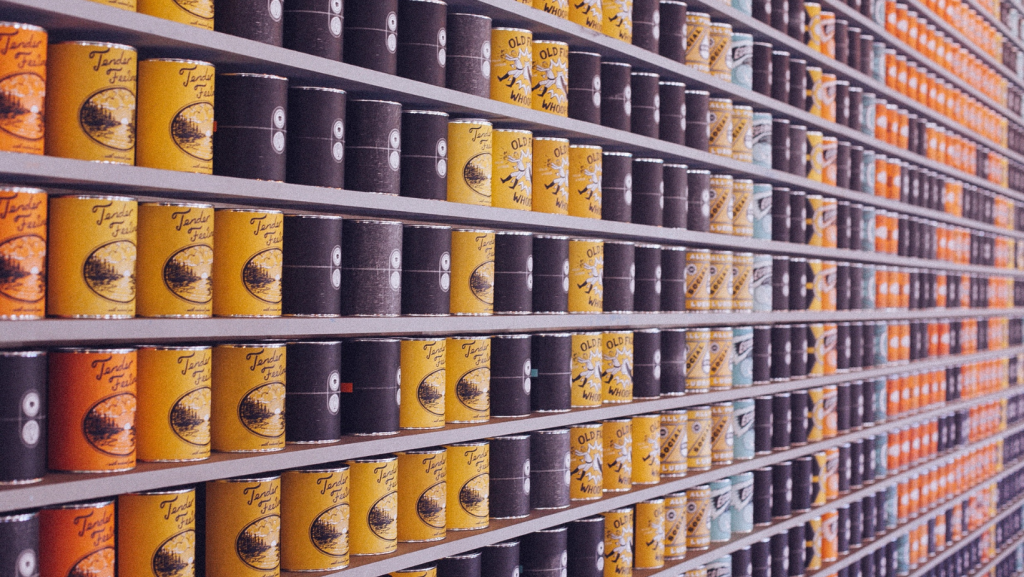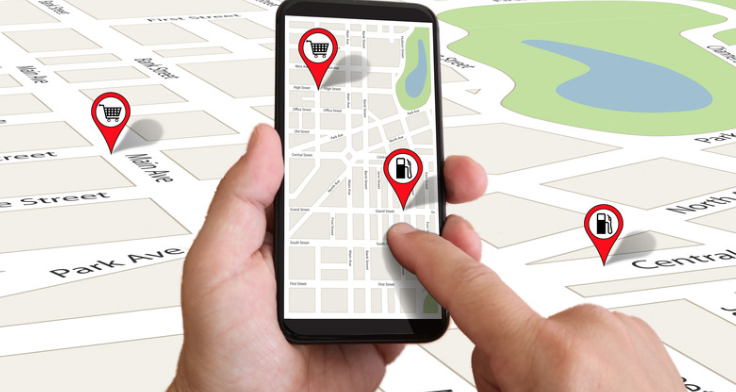When it comes to emergency preparedness, having a well-stocked pantry is essential. In times of crisis or unexpected situations, such as natural disasters or prolonged power outages, access to food and clean water may become limited. That’s why building an emergency pantry with non-perishable food and clean water is crucial for ensuring your family’s well-being. In this blog post, we will explore the importance of having an adequate supply of food and water, provide guidance on building a well-rounded emergency pantry with nutritious options, and offer tips for rotating and managing food supplies to ensure freshness and readiness.
Importance of having an adequate supply of non-perishable food and clean water:
In times of emergency, access to regular food and clean water can become disrupted. That’s why having an adequate supply of non-perishable food and clean water is of utmost importance.
- Food security during emergencies: Disasters can disrupt supply chains, limit access to grocery stores, or compromise food safety. By having a well-stocked pantry, you can ensure your family’s nutritional needs are met even when external resources are scarce.
- Essential nutrients for well-being: During emergencies, it’s important to maintain a balanced diet to support overall health. Non-perishable food items rich in protein, carbohydrates, healthy fats, vitamins, and minerals should be included in your emergency pantry to provide essential nutrients.
- Hydration and water safety: Clean drinking water is vital for survival. Storing an adequate supply of clean water in your emergency pantry ensures hydration, as well as safe water for cooking and personal hygiene, during a crisis.
Guidance on building a well-rounded emergency pantry with nutritious options:
Building a well-rounded emergency pantry involves thoughtful selection of non-perishable food items that provide adequate nutrition and can be stored long-term.
- Variety of food items: Include a variety of non-perishable food items to ensure a balanced diet. This can include canned fruits and vegetables, protein sources like canned tuna or beans, whole grains such as rice or quinoa, nut butters, dried fruits, and nuts.
- Consider dietary restrictions: Take into account any dietary restrictions or special needs of your family members. If someone has food allergies or specific dietary requirements, ensure you have suitable alternatives available in your emergency pantry.
- Don’t forget the essentials: Remember to include essential items like cooking oil, salt, sugar, and basic spices. These items can enhance the flavor and palatability of meals prepared from your emergency pantry.
Tips for rotating and managing food supplies to ensure freshness and readiness:
To maintain the freshness and readiness of your emergency pantry, it’s important to practice regular rotation and management.
- First in, first out: Adopt the “first in, first out” principle when using food from your emergency pantry. Place newer items at the back and use older items first to prevent expiration or spoilage.
- Regular inventory checks: Conduct regular checks of your emergency pantry to assess the quantity and condition of food items. Discard any expired or damaged items and replenish them with fresh supplies.
- Keep track of expiration dates: Stay vigilant about monitoring expiration dates on food items and ensure you consume or replace them before they expire.
Building a well-stocked pantry for emergencies is a vital aspect of preparedness. By recognizing the importance of having an adequate supply of non-perishable food and clean water, and following guidance on building a well-rounded emergency pantry with nutritious options, you can ensure your family’s well-being during unexpected situations. Remember to regularly rotate and manage your food supplies to maintain freshness and readiness. With a well-prepared pantry, you can face any emergency situation with confidence, knowing that you have the necessary nutrition to sustain your family.





